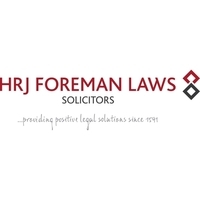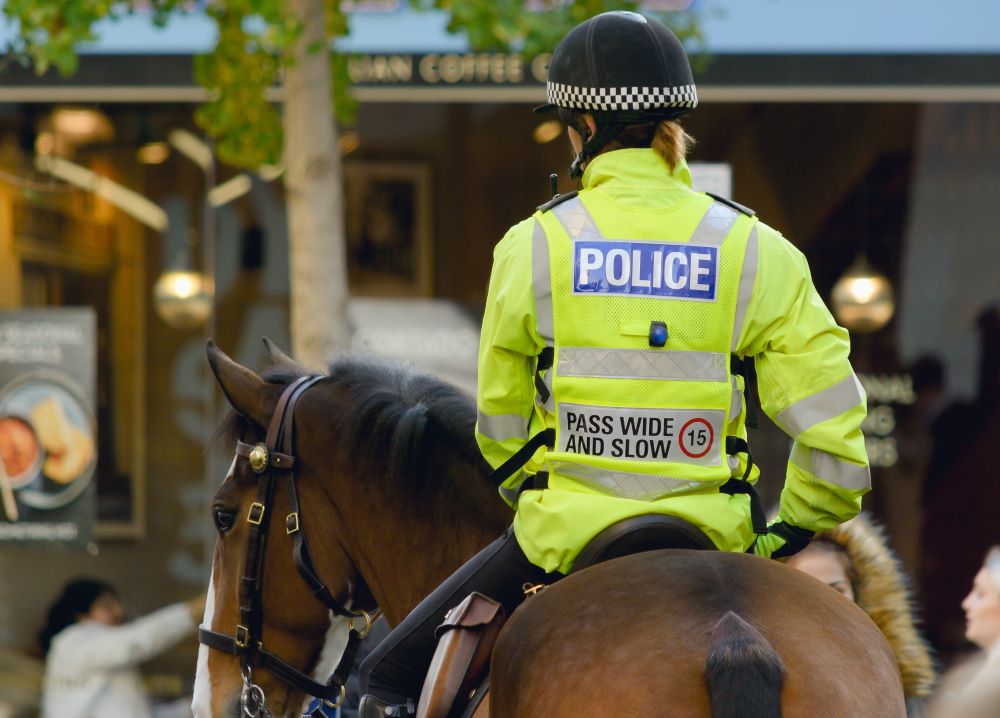The investment required to buy a horse isn’t just financial, it’s emotional too. Before you hand over all your savings and your heart, it is vital to be aware of any legal requirements and your rights concerning your horse purchase. Then, if something is not quite right, it’s not too late, or expensive, to find a solution to rectify your concerns. The following article is a helpful overview of the legal aspects of buying a horse and my top tips for buyers.
What to consider when buying a horse from a private seller
If you are considering buying a horse from a private seller, caveat emptor or ‘let the buyer beware’ applies. It is imperative that any information obtained from the seller should be verified, where possible, and obtained in writing in the form of a purchase agreement.
Your agreement should clearly state all the details about the horse. This should include, but not be limited to, its registered name, passport and microchip numbers, health, characteristics, and behavioural traits. If problems arise further down the line due to misleading or withheld information, you can rely on your agreement to protect you.
With a legally binding purchase agreement in place, if the horse arrives and they are not as promised, you can bring a claim for misrepresentation. You as the buyer, however, must prove that the seller knew, or ought to have known, that the information given was misleading or untrue.
If you purchased the horse from a private seller as a business then you may be able to claim under the Sale of Goods Act 1979 but only if there is a breach of the implied term that the horse should match any description given by the seller. However, the word description is interpreted narrowly and often won’t apply to horse purchases. Please be aware that the law does not always work in the buyer’s favour when purchasing from a private individual. Please ensure to seek advice from an equine legal professional to protect your long-term financial and emotional investment.
What to consider when buying a horse from a business seller
Buying from a business seller provides you with more protection under statute law. The Consumer Rights Act 2015 (in the case of consumer purchases) or the Sale of Goods Act 1979 (in the case of trade purchases) will apply and require the horse sold to be of satisfactory quality and fit for the purpose for which they are purchased. Equine legal professionals recommend retaining a copy of the advertisement in case of
any potential dispute.
If the horse is not fit for purpose or in satisfactory condition on arrival, you as the buyer can request a full refund on the purchase price of the horse. There is a time limit of 30 days to reject the horse if the Consumer Rights Act 2015 applies. After this, you may, depending on the nature/quality of the horse and its issues, have to allow the seller at least one opportunity to repair or replace the horse before rejecting them. You may also be within your rights to keep the horse and request compensation for the difference in value between the horse you were promised and the horse you were given.
Top 7 tips for buyers when purchasing a horse
-
View the horse. Do not buy unseen. Check if they are really what you are looking for and trial the horse in different environments/circumstances.
-
Obtain a comprehensive vetting. Preferably a five-stage vetting together with x-rays. However, there will also be commercial considerations depending on the value of the horse being purchased. Veterinary professionals can pick up on ailments and lameness issues that the untrained eye may not see. In all cases, it is recommended that a blood sample is taken at the vetting so it can be checked at a later stage if a health issue becomes apparent after purchase.
-
Get a bespoke horse purchase agreement drawn up by a solicitor to help protect you if something goes wrong.
-
Ensure that the purchase agreement clearly identifies the correct horse being purchased. For example - by reference to microchip and passport numbers, as well as identification drawings. Attaching a copy of the pertinent pages from the horse’s passport to the agreement is a good way of achieving this.
-
In the purchase agreement, include details of all the assurances the seller has given you regarding the quality and characteristics of the horse. Also, details of the purpose the horse is being purchased for. For example, if the horse has been described as “vice free”, is being sold for high-level competition in a given discipline or as a safe child’s pony.
-
Make clear that full ownership transfers to the buyer and the point in time that risk in the horse passes. Equine passports are not conclusive evidence of horse ownership and are regularly disputed. Also, you want to be clear as to the point in time when the horse is at your risk so you know when you should insure them.
-
Finally, pay by tracked methods such as bank transfer. If you have to pay cash, obtain a receipt from the seller which is signed and dated.
To check your purchase agreement or have an agreement drawn up for you, please contact equine law specialists HRJ Foreman Laws Solicitors by visiting
our website here.
The information provided is for general guidance only. For tailored legal advice, please contact HRJ Foreman Laws directly. No responsibility can be accepted by any person who acts because of the information contained in this article alone.

Chris Hook - HRJ Foreman Laws
Partner, Solicitor, Head of Litigation and Insolvency & Restructuring & Equine Law
Published on 21-03-2024
Chris is a partner and solicitor at HRJ Foreman Laws Solicitors in Hertfordshire. He specialises in litigation, insolvency and equine law.
His knowledge in equine law, began when he combined his legal expertise with his personal involvement in the equine industry. Before qualifying as a solicitor, Chris and his brother managed their own show jumping yard and stud farm. Chris has also received the Gold Premium certificate for a foal he bred.
Today, he is one of the leading legal experts in the equine industry and regularly acts for those in the show jumping, eventing, dressage and horseracing world. He advises on all aspects of equine law, for example, horse purchase and ownership disputes, horse purchase agreements, horse co-ownership agreements, racehorse syndicate agreements, loan or livery agreements, jockey retainers or equine sponsorship agreements.





